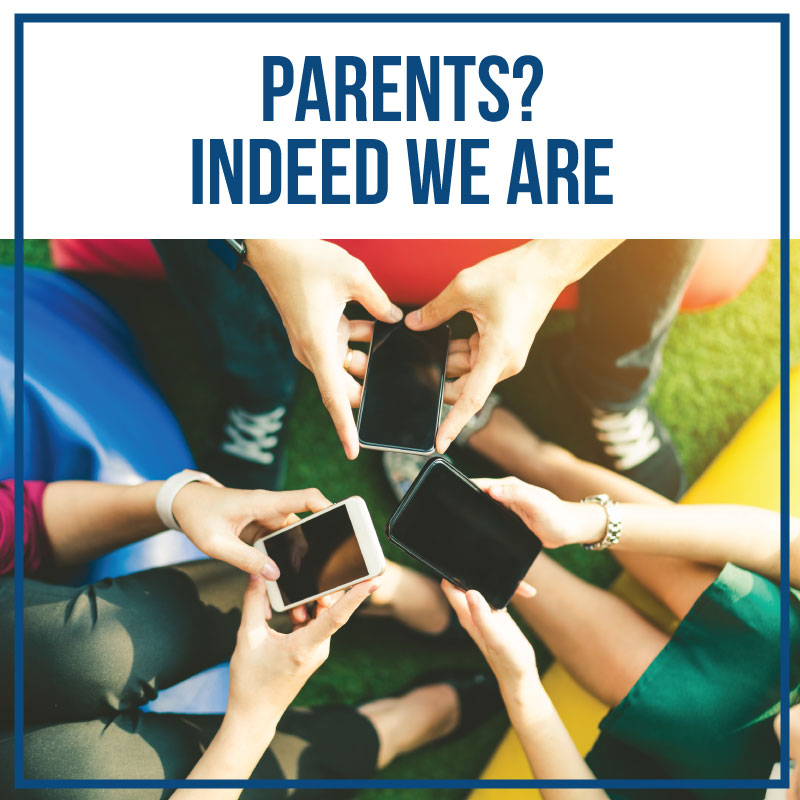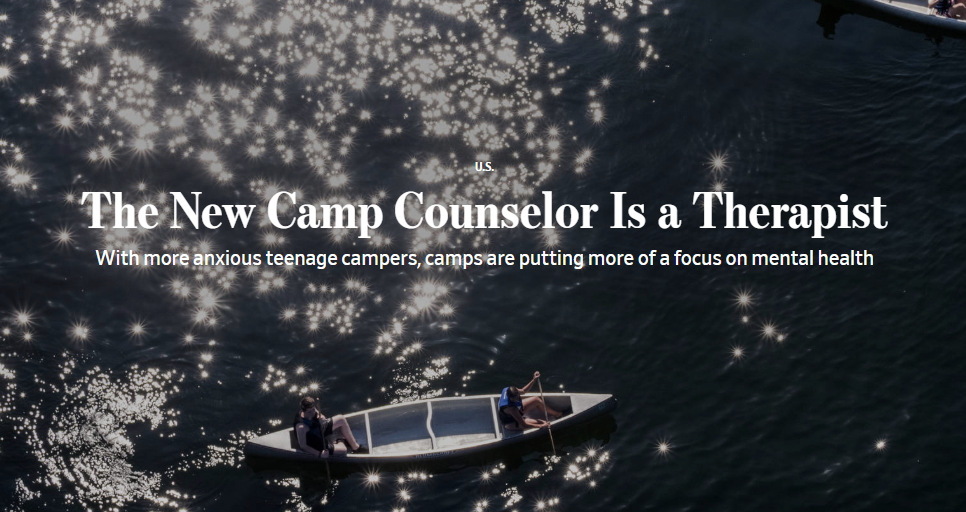 We’re proud to have made the Wall Street Journal! Read, “The New Camp Counselor Is a Therapist” below:
We’re proud to have made the Wall Street Journal! Read, “The New Camp Counselor Is a Therapist” below:Summer sleep-away camps are bringing in social workers to talk with campers about their anxiety and struggles to relax, make friends and give up electronic devices and social-media apps.
Camp Fernwood in Maine hired one this summer to help redirect kids’ thinking if they start ruminating on something negative or are having a hard time communicating. Camp Foley in Minnesota filled a cabin with bins of Legos to give campers a space to decompress. And Lake Bryn Mawr Camp in Pennsylvania facilitates Skype sessions for campers who need to talk to their therapists—No other screen time is allowed at camp.
“It’s kids not being able to sleep. Kids being afraid to try new things. Kids worried about friendship, worried about what’s going on at home. They worry about everything, there is just a lot of anxiety,” said Jane Kagan, the director of Lake Bryn Mawr camp, which serves 7-year-old to 16-year-old girls.
Camp Foley renovated a cabin built to store ice and made it into a Lego room. ‘The campers need a place to get away from it all for a little while,’ says camp director Alli Faricy.
So far this year, two girls have gone home because of persistent panic attacks. A third became so distressed her hands went numb, Ms. Kagan said.
Camps generate $18.8 billion in gross revenues annually, mostly from fees, according to the American Camp Association. There are more than 14,000 day and sleep-away camps in the U.S., serving 14 million children. Many overnight camps now cost more than $10,000 for the summer, camps say.
Separating campers from their cellphones and addressing the anxiety social media can foster has become a big part of the mission of summer camp, many directors say. Time away from the screen lets campers connect with one another and build social skills that can atrophy when too much time is spent online.
Nearly half of children at sleep-away summer camps take some sort of medication, said Dana Godel, who founded CampMeds Inc., which sends medications for 10,000 children at 150 summer camps. The big three complaints are allergies, asthma and attention deficit disorder, and anxiety is quickly becoming the fourth, Ms. Godel said. She estimated that 20% of campers her company services take a sleep aid.
Henry Skier—president of AMSkier Insurance, which insures more than 600 camps—operates a hotline for its camp clients that receives hundreds of calls every summer. About five years ago, the hotline started receiving more calls about drug use, self-harm and suicide, he said. Those behaviors prompted residential camps to begin hiring social workers, he said, and he estimated the number of camps with a social worker on staff has risen to about 30% from 5% five years ago.
Maya Rigler, a 14-year-old at Camp Harlam in Kunkletown, Pa., said campers stress out when they settle into their bunk beds in the sparse wooden cabins without their phones. Maya said she knows campers who give friends their social media passwords while they are away because they don’t want to break streaks on social media conversations with friends.
“There is this constant fear of missing out,” she said. “You’re scared that something is going to happen without you there so you feel like you constantly have to be in the loop and be informed about everything or you won’t be a part of the group.”
When she arrived at camp in June and had to give up her phone, she felt very cut off and strange, she said. “But after that goes away, there’s relief,” she said.
Cori Miller is part of the “camper care” team at Camp Harlam that includes several social workers, teachers and a psychologist. In recent days, Ms. Miller, a social worker, said she asked a young girl who was cutting herself to sign a “safety contract” so the next time she felt badly she would ask for help. She conducted an intervention with a group of seventh-grade boys who were ostracizing a bunkmate because he chewed with his mouth open. And she was part of a team who asked a camper to leave after a string of aggressive behavior with no remorse.
“We’re constantly assessing kids and guiding counselors about how to say or do things better and notice what is happening around them,” she said.
Alli Faricy, director at Camp Foley in Pine River, Minn., said earlier this month, two 12-year-old boys were razzing each other. Then a third joined in, but misread the tone and turned it to one of animosity, she said. Counselors had to take the third boy aside and explain to him what had happened because he did not understand why everyone was so angry at him. “I see a lot more of this than I did just a few years ago,” she said.
Two summers ago, Camp Foley renovated a cabin built to store ice and made it into a Lego room, said Ms. Faricy.
“It’s quiet in there and they can be alone,” she said. “The campers need a place to get away from it all for a little while.”
Was This Helpful? Get More Content Like This!
Join Our Broad & Bright Mailing List By Signing Up Below
AMSkier Clients already receive these articles and much more.
#mc_embed_signup{background:#fff; clear:left; font:14px Helvetica,Arial,sans-serif; width:100%;}
/* Add your own MailChimp form style overrides in your site stylesheet or in this style block.
We recommend moving this block and the preceding CSS link to the HEAD of your HTML file. */

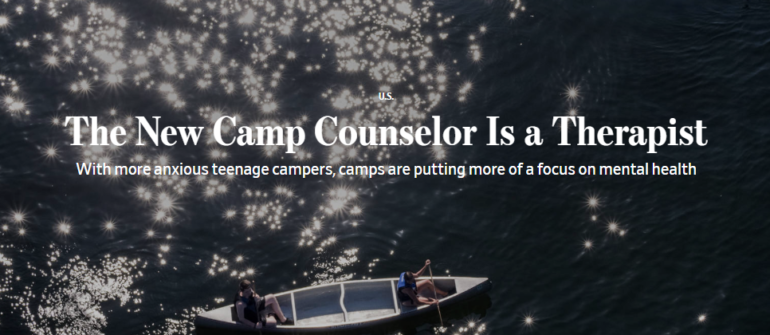
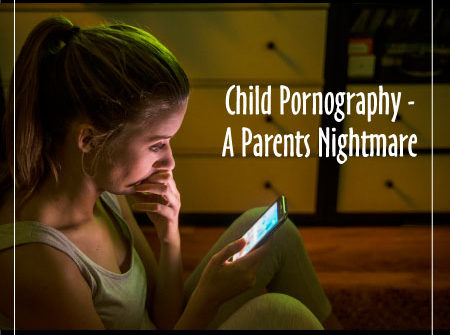
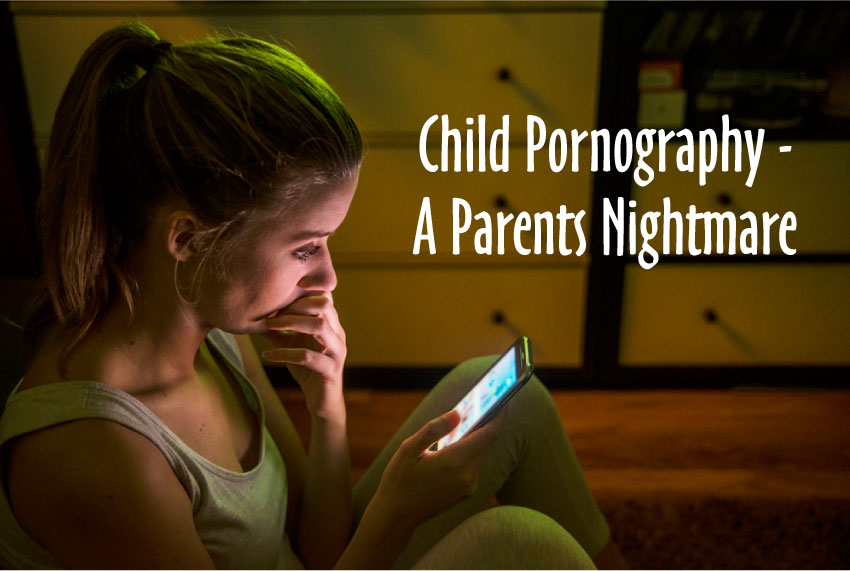 Child Pornography – A Parents Nightmare
Child Pornography – A Parents Nightmare
 New Laws & Fireworks Safety
New Laws & Fireworks Safety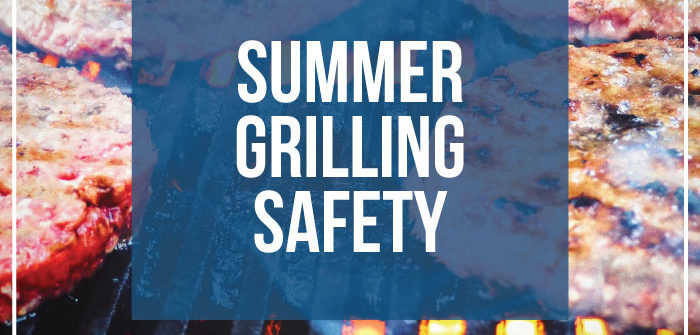
 Summer Grilling Safety
Summer Grilling Safety
